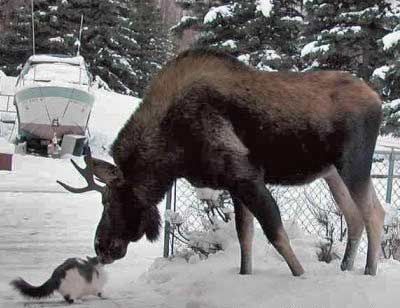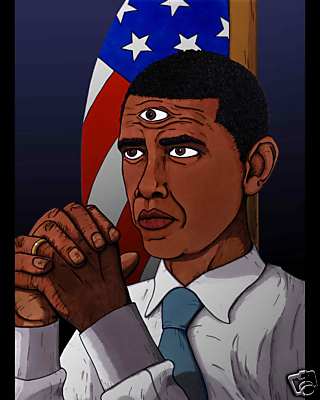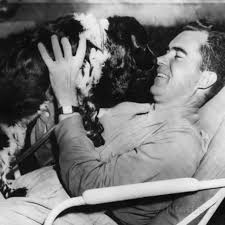The World Watches David Letterman
Sunday, October 4th, 2009I find international press attempts to explain American cultural items bemusing. Case in point: David Letterman.
Aussies explain two lingering items.:Â Under the terms of his contract, Letterman’s quaintly named company Worldwide Pants leases airtime on CBS, so he is not an employee.
The network is believed to be concerned about some sections of its audience with puritanical views.
From Great Britain, and the BBC: How do you relate Letterman to a British audience?:
Some suggested Letterman was less irreverent at 2230 than he had been at 2330, for all his pointedly sarcastic, sometimes prickly brand of humour.
Yet that did not stop him incurring the wrath of a Colombian beauty queen in 2001 whom he suggested had a talent for ingesting heroin balloons.
Not the first thing that pops to my mind in the history of Letterman’s programs. OR, from the Telegraph, explaining what it is this “late night talk show“, and why it holds any sphere in American pop culture, as against Oprah:
Sharp and pesky, Letterman captures something of the essence of the prevailing American mindset. In a sense, his show, like Oprah Winfrey’s, has helped to fashion the mood of forgiveness-for-all-things of which he is now the beneficiary. Celebrities and politicians sit beside his desk to get things off their chests, but until last week no guest – let alone the host himself – had ever arrived at the studio straight from giving evidence before a grand jury.
And to further describe American geography:
The son of working-class Midwesterners, he was raised in a dreary suburb of Indianapolis – the middle child between two sisters. His father ran a flower shop, and his mother made the fried bologna sandwiches which he still drools over on air. Like many who have made it from America’s sparse heartlands, he appears to harbour a sense of irreducible farm-belt emptiness.
………………………….
There have been certain “landmarks” in the rises and slides of the various late night talk shows. The history of Jay Leno is that he was being beaten to a pulp by Letterman. And Jay Leno was a bit lost at sea, until he did a week in New York in a smaller more “comedy club” venue, which refocused his show, and started a march upwards in the ratings. He cemented a climb above appeared on Jay Leno’s first to promote whatever movie he was promoting at the time of his prostitution bust. Conan O’brien was getting hammered at his new show, but he found his confidence and bearing when Letterman appeared on his show as a guest. Or something.
Five years ago, NBC decided they needed to lock in Conan O’brien, so they planned for the future with him as Tonight Show host. Watching their ratings fall in prime-time, they just “re-invented” television, as it proceeds in an era of “transition” with arbitrary lines falling, by giving him the 10 o’clock hour — cheap to produce, and nothing else was working for them. The effect was that Letterman was now newly beating The Tonight Show in the ratings. Until last week, NBC still could hold on to “winning the (marketing friendly) young demographic”. But then, Letterman’s ratings rose last week to “the highest margin over The Tonight Show since the 1994 Winter Olympics”.
I suppose the “biggest loser” Letterman’s scandal was Conan O’brien, who’ll continue to be beaten badly in the ratings. Why, this is Letterman’s Hugh Grant Moment! And, by the time, Letterman retires from Show Business, who knows what the structure of television will be like?
There is one thing that bothers me, and puzzles me a bit, about Letterman: since when is he a partisan figure? Is it just Palin, or was there something that justifies anything at all with a strong label?  I can’t help but think that’s mostly a signifier against the partisanship of the partisan detractors.
One question that pops to my mind about the would be extortionist, suggested by Letterman himself in his monolouge: Who wants to pay eight dollars to watch a movie about David Letterman having sex?



